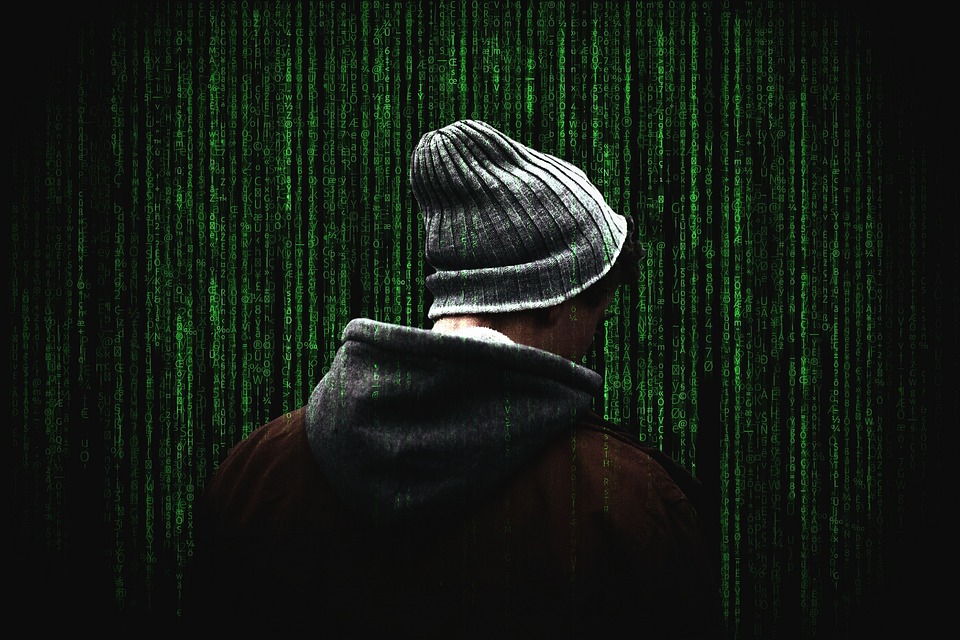Doxing: a new trend on the darknet
Millennials in particular are careless with access to personal data such as ID details or driver's license scans. Kaspersky's security experts have investigated the offer of personal data in darknet forums.

In recent years, many areas of our lives have become digitized. While awareness of privacy issues is generally increasing, most still only have a very general understanding of why it is so important, according to research by Kaspersky.
According to the survey, more than a third (37 percent) of Millenials believe they are too "boring" and "uninteresting" to be victims of cybercrime. So-called "doxing" occurs when someone discloses private information about another person without that person's consent, usually with the aim of embarrassing, hurting or otherwise endangering that person.
Research by Kaspersky also shows that personal data can be accessed from as little as 50 cents (U.S. dollars) for a badge, depending on the depth and breadth of information offered, the security experts conclude.
In addition, medical records would be $1 to $30, driver's license scans for $5 to $25, passport scans for $6 to $15, and credit card data for $6 to $20. On the other hand, accessing social media channels such as Facebook or Twitter would cost $500, Instagram $450, and hacking email accounts $500 to $800.
However, personal information sold on the black market can be used for extortion, running fraud and phishing schemes, and stealing money directly. Kaspersky advises the following prevention measures in this context:
- Regularly review permission settings of frequently used applications to minimize the likelihood of personal data being shared or stored by third parties - and beyond - without your own knowledge.
- Use two-factor authentication. Applications that generate one-time codes are more secure than receiving the second factor via SMS. A hardware 2FA key can be used for additional security.
- Always consider how shared content might be interpreted or used by others.
- Use a reliable security solution to generate and secure unique passwords for each account. Avoid using the same password over and over again.
Read the full report from Kaspersky.
Source: Kaspersky









